Mazda Australia found guilty of misleading & deceptive conduct in Federal Court
Mazda Australia has been caught out for ‘false’ and ‘misleading conduct’ towards customers, by the consumer regulator, the ACCC. Here’s what really happened and why it matters to you…
Mazda Australia has been busted by the Australian Competition and Consumer Commission for treating customers deceptively when it came to their rights when their vehicle failed.
Senior executives in the Mazda Australia boardroom won’t be happy about all this, despite being entirely self-inflicted - and avoidable.
The Federal Court has ruled that Mazda Australia engaged in misleading and deceptive conduct and made 49 false or misleading representations to nine consumers about their rights, after their shiny new Mazdas failed.
Fines, likely in the millions, are expected to be handed down in due course (2022, most likely). And of course, it would be highly inappropriate to speculate about how big those fines should be.
But as a general comment, consumer law penalties like these generally serve to dissuade corporations from acting on their perverted anti-consumer urges. Consider it fiscal counselling.
See, the thing about a court ruling is it stops such cases and behaviours existing in the domain of merely being an allegation. It becomes a ‘fact’, not a rumour. It’s now a fact that Mazda did this.
Specifically, Mazda Australia engaged in a seemingly systematic, ongoing process of denying customers their rights under Australian Consumer Law, when their defective and/or faulty vehicles failed, through no fault of the customer.
According to the ACCC’s official findings >> :
And this next bit is where Mazda really hammered their own reputation, seemingly:
It’s becoming far too detailed here to be a once-off or some extremely rare occurrence; these descriptions include lengthy examples and specific evidence from consumers.
The ACCC smells blood in the water, apparently:
Imagine being asked to pay to have your faulty couch or laptop or chainsaw repaired, having only used it once or twice.
My AutoExpert AFFORDABLE ROADSIDE ASSISTANCE PACKAGE
If you’re sick of paying through the neck for roadside assistance I’ve teamed up with 24/7 to offer AutoExpert readers nationwide roadside assistance from just $69 annually, plus there’s NO JOINING FEE
Full details here >>
These flashlights are awesome. I carry the Olight Warrior Mini 2 every day - it’s tiny, robust, and super useful in the field or in the workshop. Olight is a terrific supporter of AutoExpert.
Use the code AEJC to get a 12% discount >>
WHY MAZDA AUSTRALIA’S CASE MATTERS TO YOU
This behaviour from Mazda and its dealers appears not to be some horrible mistake, but rather a carefully planned and executed anti-consumer strategy.
Rod Sims didn’t specifically say this, of course, but he went close in his own more diplomatic words:
This next bit, from Rod Sims is vitally important to you, if you ever find yourself in the unenviable position of being the owner of some defective vehicle (like a Jeep, Land Rover, Mercedes-Benz or Nissan) that cannot be fixed:
The wording here is, legally, quite important. ‘Misleading and deceptive conduct.’ What is this?
Mazda lied in order to deny ordinary people like you their legitimate legal entitlement to a replacement vehicle, or a full refund, after selling them a vehicle which ultimately became deeply dysfunctional.
And this is now a fact - not an allegation - by the corporate regulator.
Given that carmakers spend millions upon millions on their reputations, in a highly competitive market, as I see it, this puts a big hole in that public perception.
Surely it’s far cheaper just to step in and fix ordinary customer problems immediately and to the fullest extent. Not to mention this is also, morally, the right course of action.
The deeply hilarious thing about all this is that, I think, Mazda could have sidestepped this completely, about three years ago.
See, the ACCC launched their inquiry into the car industry almost six years ago; a draft report went out in August of 2017, which they enacted in December that year - so, four years ago now. The car industry was officially put on notice.
The ACCC started with the bad actors, specifically Fiat Chrysler and Jeep in 2015 >>, then they took down Holden in 2017 >> and then Ford in April of 2018 >>. The ACCC forced those companies to sign extensive so-called ‘Court-enforceable Undertakings’ to comply with consumer law in future.
Then, it seems, the ACCC decided this action was working, so they approached Hyundai to sign a Court-enforceable Undertakings >> as well. That was in February of 2018. And the difference here was that this was a kind of ‘good faith’ undertaking - it was not alleged that Hyundai was doing to its customers what Ford, Holden or Jeep et al. had been doing.
You can download and read the signed copies of Holden’s >>, Ford’s >> and Hyundai’s >> court-enforceable undertakings freely available at the ACCC’s website. If you do, it’s quite apparent, by virtue of the difference between Hyundai’s and the other two, that the ACCC had no allegation of bad behaviour (kind of) axe to grind against Hyundai.
The regulator wanted all carmakers to get on board. They wanted to be seen to be getting carmakers onboard with consumer law compliance.
And Hyundai agreed first. But, of course, this got lost in the messaging, and my sense of it is, Mazda, whom I think the ACCC also hit up to sign a similar ‘good faith’ undertaking. However, it seems to me Mazda might have turned down or ignored the ACCC, because they didn’t want to get lumped together with the automotive bad actors. Personal opinion.
SOME CONSUMER LAW PERSPECTIVE
Still speculating here, the ACCC put a target on Mazda for its rejection, and possibly sought to force them to comply by building a case against it; they’ve certainly got the resources.
During 2020, many people asked if they should still consider buying a Mazda given this question hovered over Mazda Australia’s alleged conduct; reported in 2019 >>
Now, just for perspective here, I’d further suggest selling roughly 150,000 cars a year, as Mazda Australia does, the ACCC is likely to find nine customers who’ve had a bad experience, been lied to, or generally treated unfairly or even illegally.
Statistically, yeah, there’s probably going to be someone. I’m not suggesting this is OK. It’s not. What I am suggesting is that nine customers copping a rough deal out of some 400,000 customers over three years or something.
Treatment of those nine customers was wrong, but it’s hardly a sustained, malignant problem within Mazda Australia’s customer service culture.
That’s evidence of specific illegal conduct - 49 counts concerning nine customers. It’s not evidence of widespread systematic malfeasance. It’s not evidence of the absence of that, either. We just don’t know how well - or how badly - Mazda treats the median customer who presents with a serious problem.
Certainly I have had customers tell me they’ve been treated pretty well when their 2.2 diesel failed prematurely in an early Mazda CX-5. (It’s nearly always that engine which fails, at least, according to my inbox.)
It’s worth noting that Toyota signed a similar court-enforceable undertaking, similar to Hyundai’s good faith deal, about a year ago. No allegation of misconduct was made around that - and, if memory serves - Toyota didn’t cop much reputational backlash, concerning that agreement.
So perhaps the ACCC has matured in respect of its treatment of good versus bad actors.
Should you still consider a Mazda for your next new car? I’d suggest, yes, if it’s the right vehicle for you.


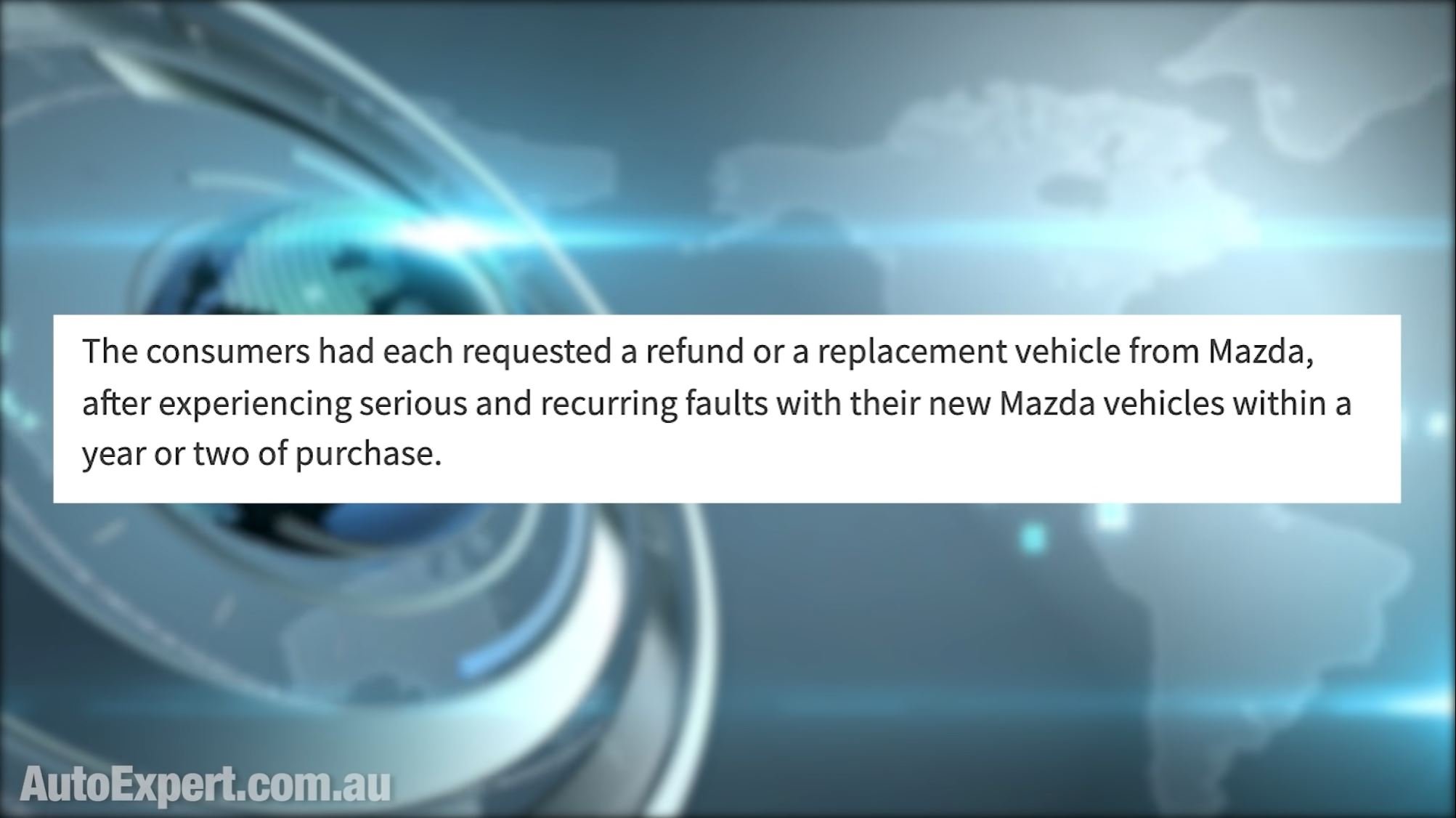




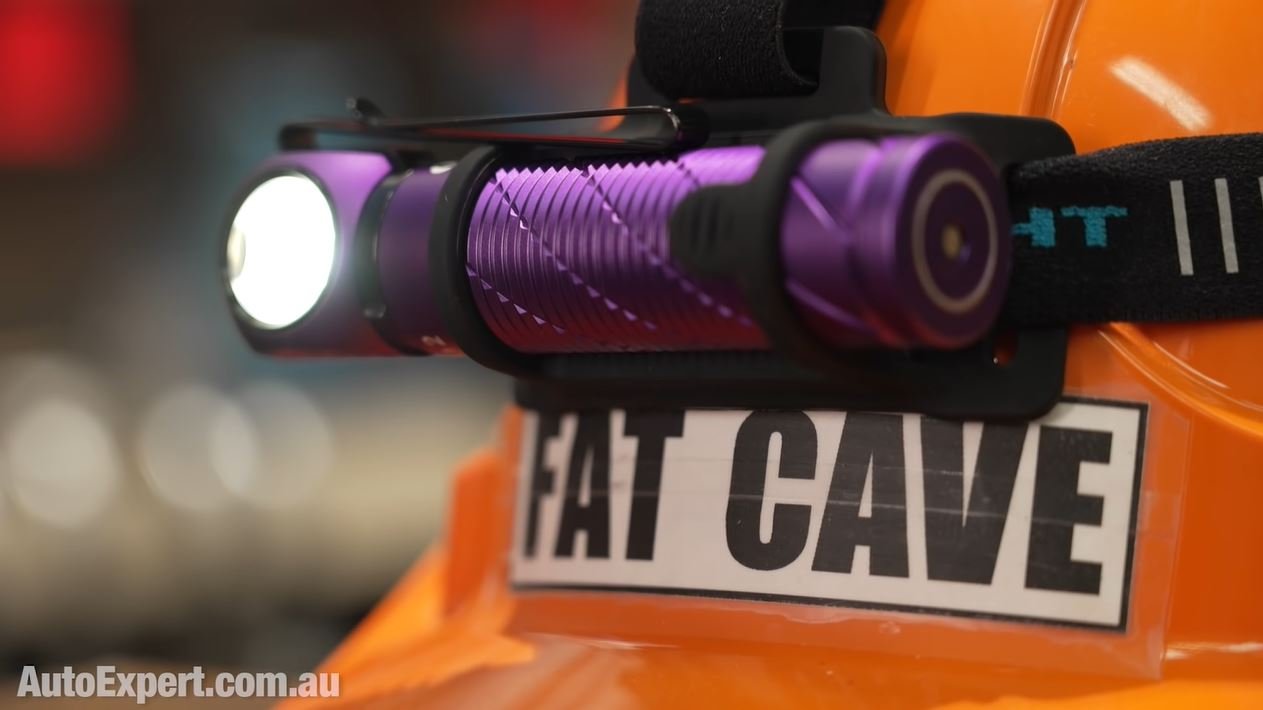
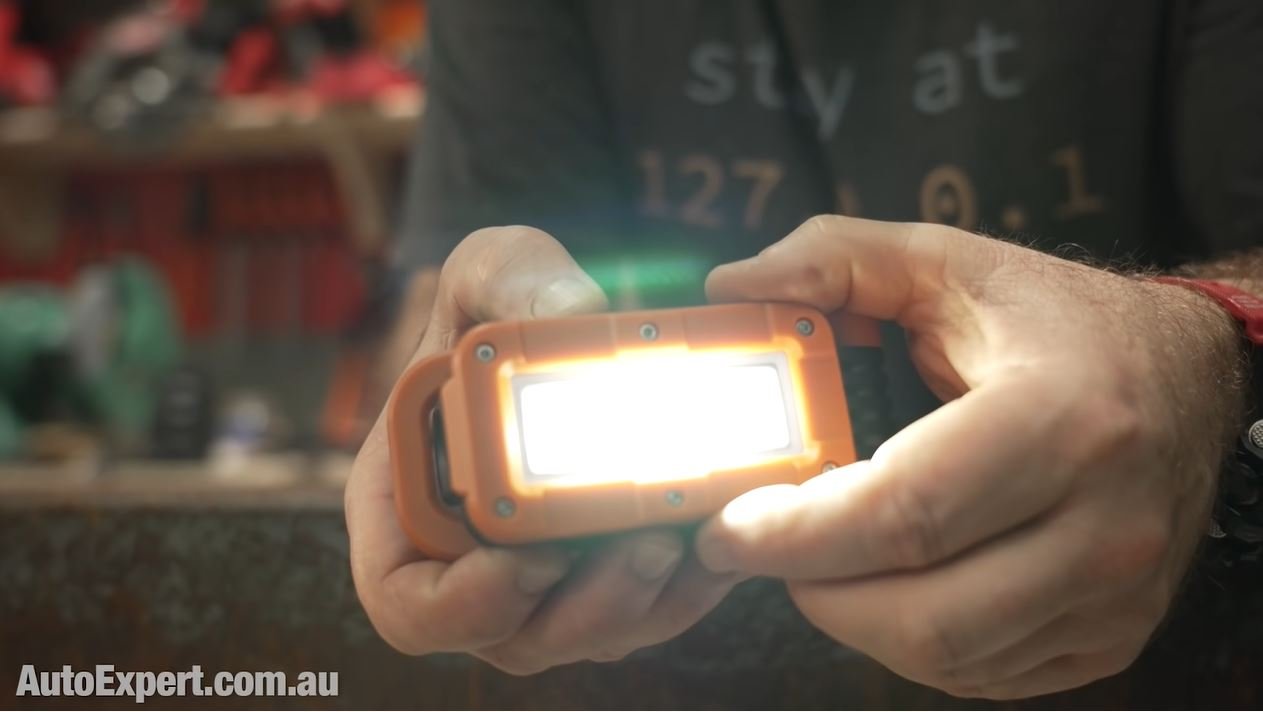










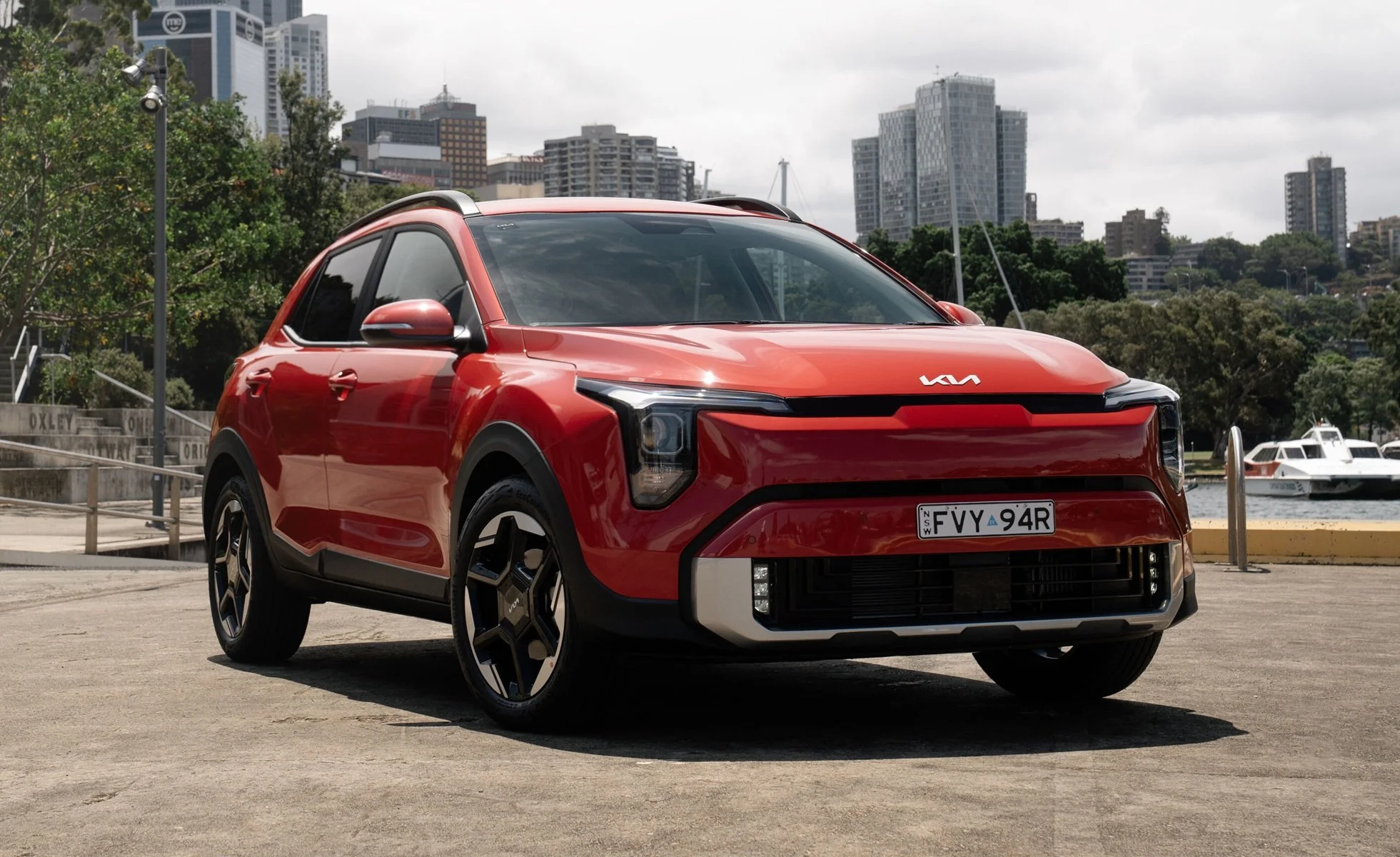
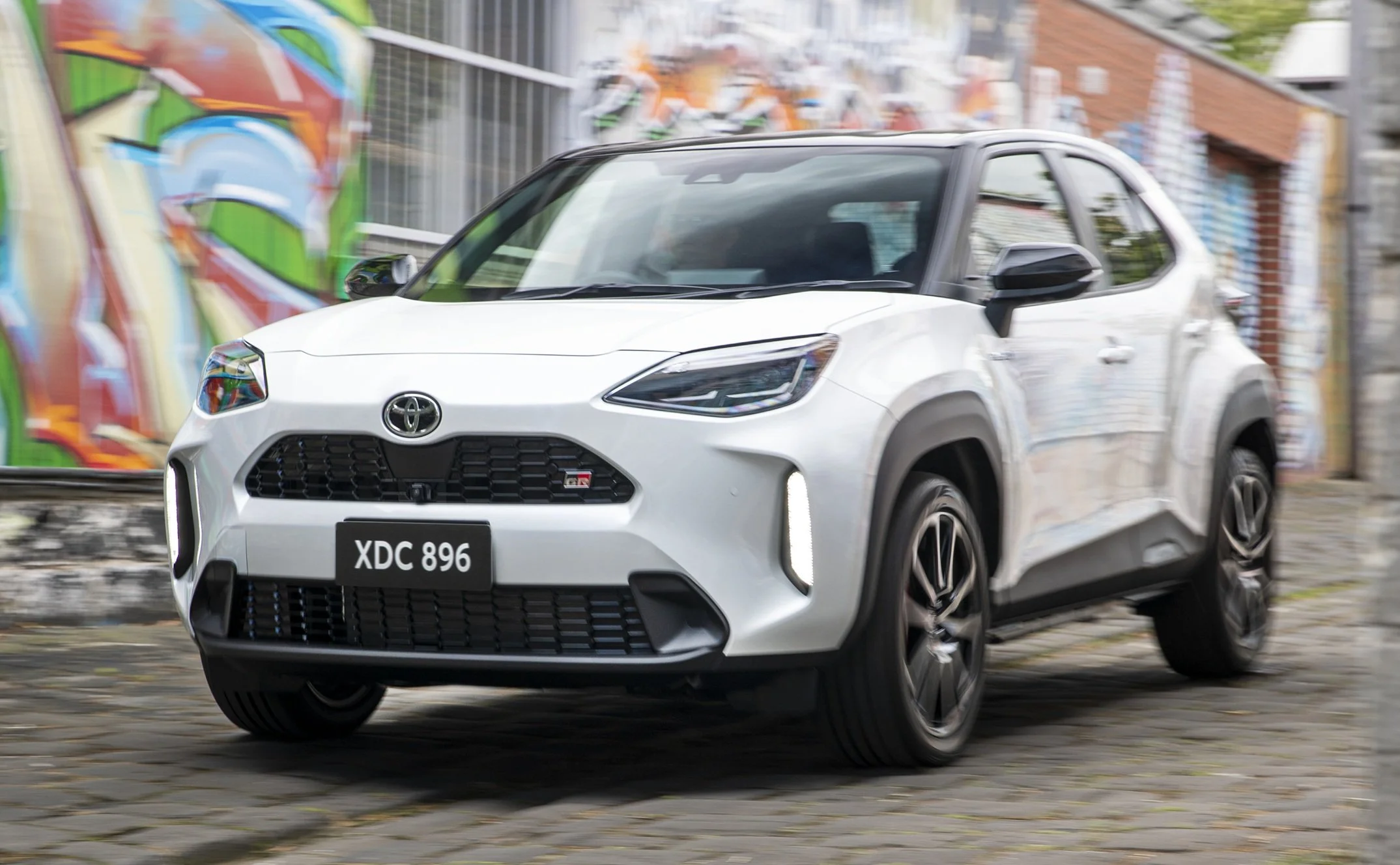


The Hyundai Palisade is a big, comfortable holiday machine for growing families and offers excellent value, generous 8-seat SUV space, and practicality on par with LandCruiser - but it’s $30K more affordable.